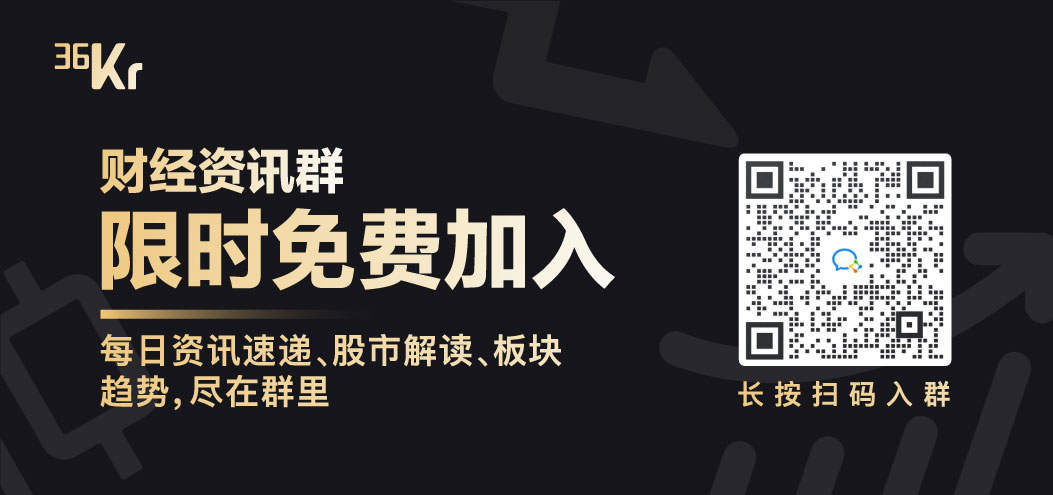The default of Brilliance Auto is a typical type of state-owned enterprise default.
Text | Li Huanhuan
Edit | Shang Wenduo
Brilliance Auto “exploded”.
On October 24, Brilliance Automobile announced that its private placement bond “17 Huaqi 05” with a scale of 1 billion yuan had not been paid on schedule. The company was supposed to transfer the 1 billion yuan principal, 53 million yuan of interest and corresponding handling fees of “17 Huaqi 05” to the designated bank account before 16:00 on October 21st, but as of 17:00 on October 22nd, The transfer has not been completed.
Brilliance Automobile said that the company is actively working to raise funds to study solutions, but the current liquidity is tight and funds are facing greater difficulties, and there is a major uncertainty about whether sufficient funds can be raised in time. Affected by this incident, all existing corporate bonds of Brilliance Auto had previously been suspended since the opening of the market on October 23. At present, although the redemption payment is still not completed, the suspension of the bond has been resumed on October 26.
In the first half of 2020, Brilliance Auto also experienced a number of bank loan interest overdues, with a cumulative amount of RMB 60.2029 million. In the announcement, Brilliance Automobile said that it was mainly due to short-term difficulties in the company’s cash flow and the need to defer payment.
The development of Brilliance Auto is not optimistic. In the first half of the year, with the year-on-year growth in revenue, Brilliance Automotive suffered a loss. The net profit attributable to the parent was 196 million yuan, compared with 70 million yuan in the same period last year. At the same time, the company’s debt-to-asset ratio is also quite high, reaching 68.72%.
Analyzed by GF Securities, Brilliance Auto’s default is a typical state-owned enterprise default. After the agreement to divest the “BMW Brilliance” joint venture with BMW before 2022, the company’s own brand profitability is weak and asset quality is poor. The government also refused to reach out for rescue, and finally the funding chain broke, leading to breach of contract.
Scan the QR code to join the group
